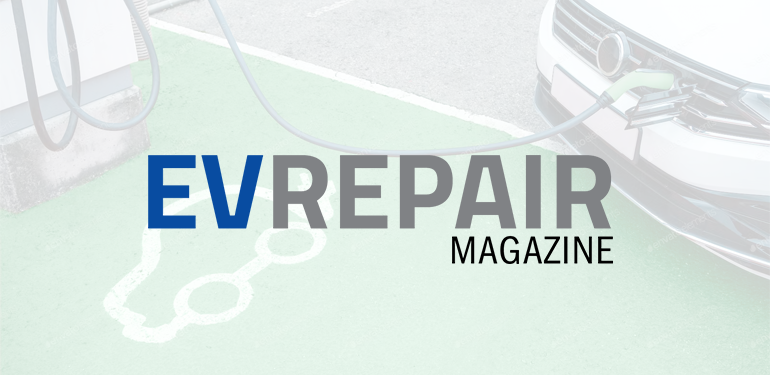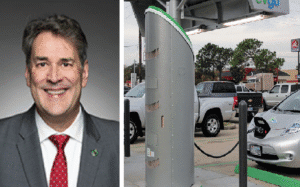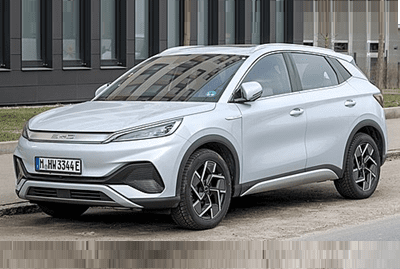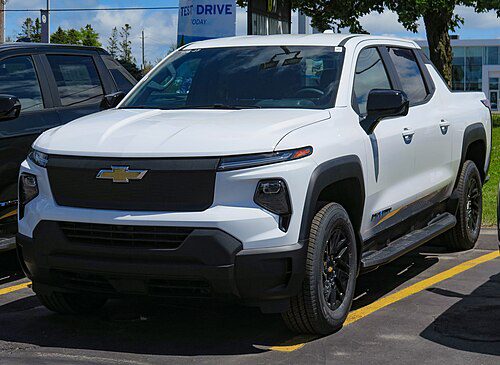Toronto, Ontario — In this week’s electric and autonomous vehicle report, Canada’s innovation minister was in Japan pitching domestic EV development, General Motors is looking to keep first responders linked into EV info and Baseload Power Corp. has expanded its Aura EV charging network into Quebec.
Negotiating for the Future
Federal Innovation Minister Francois-Philippe Champagne was in Japan recently to pitch to the nation’s automakers, namely Mitsubishi, Nissan and Subaru, on why Canada should be where they set up shop for EV battery development.
Champagne’s appeal to the Japanese auto giants referred to the supply chain obstacles of the past several years and that a Canadian base of operations would provide easy access to both a skilled workforce and the required raw materials.
He says he’s telling companies that “stability, predictability, and the rule of law is in high demand and short supply,” according to Global News.
“It’s really the three things that really drive investments: talent, ecosystem and resources. And when you put that together, Canada becomes kind of the supplier of choice,” said Champagne.
The minister is expected to make a trip to Korea this fall with similar goals in mind.
First Line of Defence
It should never be forgotten that often the first people to touch a vehicle after a collision are not auto body technicians, and that is why General Motors has announced that they are expanding EV training efforts for first responders who may encounter a disabled battery.
The automaker says it will be putting a renewed focus on providing emergency personnel, like firefighters, with “best practices on how to most effectively support emergency situations involving electric vehicles,” according to GM.
GM’s EV First Responder Training effort is an education and outreach program designed to offer emergency responders key information about battery electric vehicle technology, dispel misconceptions and share important industry best practices for handling electric and hybrid vehicles safely in multiple situations.
“The best way for the public and private vehicle fleet owners to rapidly adopt EVs is to train firefighters and emergency responders on how to handle incidents involving battery powered vehicles,” said senior manager of education and development at the National Fire Protection Association, Andrew Klock.
“The fire service has had more than 100 years to gain the knowledge needed to respond to internal combustion engine fires, and it is critical that they are now educated on EV safety.”
Go with the FLO
Toronto-based sustainable electricity infrastructure developer, Baseload Power Corp. has officially launched its Aura EV Charging network in the province of Quebec.
This move comes only a week after Baseload announced that it had received $3.5 million in funding through Natural Resource Canada’s Zero-Emission Vehicles infrastructure Program (ZEVIP) to set up 31 Level 2 chargers and 67 DC fast chargers with charging speeds between 50 kilowatts to 100 kW across Ontario and Quebec. The total project will cost up to $10.5 million.
Baseload’s new network will be operated in partnership with FLO, a Quebec-based public charging network operator and EV charger manufacturer.
“FLO’s expansion across principal locations in Canada, particularly in Ontario via the Aura network, has been key in the network’s overall growth, providing EV drivers with the service that they expect and deserve,” said FLO CEO and president Louis Tremblay, in a press release.




















